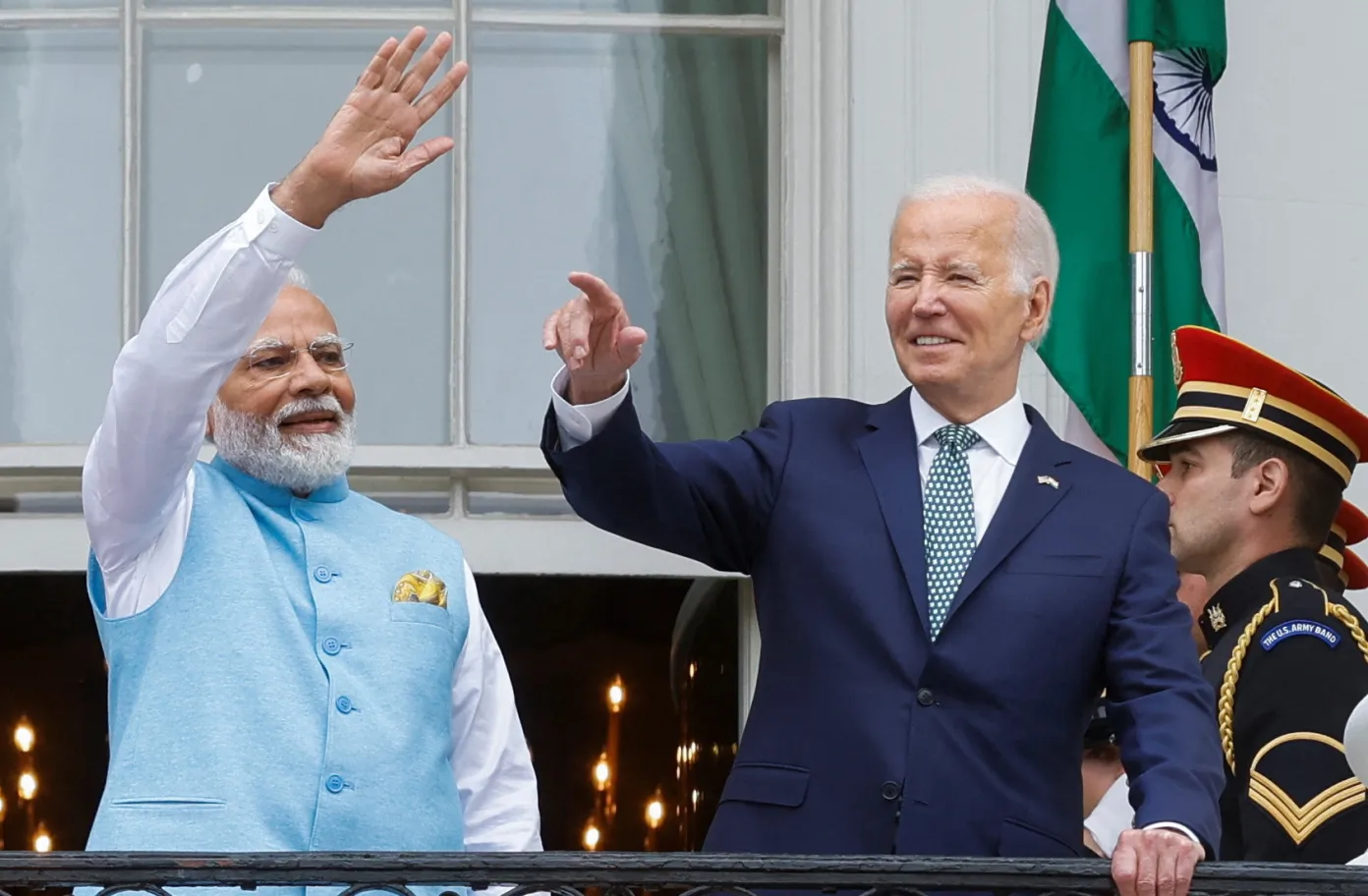The BGA India Team, led by Managing Director Ratan Shrivastava, wrote an update to clients on Indian Prime Minister Narendra Modi’s first state visit to the United States from June 21-24.
Context
- Modi’s first state visit to the United States resulted in significant strategic and commercial outcomes. Both New Delhi and Washington have hailed the engagement as a watershed event in deepening India-U.S.-India ties.
- Highlights from the state visit included a meeting with U.S. President Joe Biden to advance U.S.-India relations, Modi’s address to a joint session of the U.S. Congress and a state dinner at the White House. Modi also met with chief executive officers and other influential stakeholders from academia, think tanks and the scientific community to explore potential areas for investment and collaboration.
Significance
- India and the United States released a comprehensive joint statement announcing bilateral agreements in key strategic and economic sectors. Modi’s visit has expanded the U.S.-India economic partnership, promoted people-to-people ties and established an extensive framework to collaborate on critical technology, climate issues and security. The agreements will fast-track India’s path to becoming the third-largest economy by 2030 and upgrade U.S.-India ties from transactional into the realm of shared interests.
- These deals are expected to strengthen investment, trade and security and boost India’s indigenous defense capabilities. They will also help diversify global manufacturing bases by promoting India’s integration into global supply chains and accelerate bilateral collaboration on emerging and advanced technology.
Implications
- India’s fast-growing economy, technological advances, talent pool and large consumer base provide a strong alternative as the United States looks to diversify economic and technological engagements away from China. Washington views New Delhi as a vital partner to counter China’s growing political and military heft in the Indo-Pacific. For India, Chinese hostility on its border and influence with its neighbors are causes for concern.
- Despite the growing U.S.-India convergence, India will avoid being drawn into the U.S.-China geostrategic competition as it looks to protect its strategic autonomy and manage tense relations with China without escalation.
We will continue to keep you updated on developments in India as they occur. If you have any comments or questions, please contact BGA India Managing Director Ratan Shrivastava at ratan@bowergroupasia.com.
Best regards,
BGA India Team

























